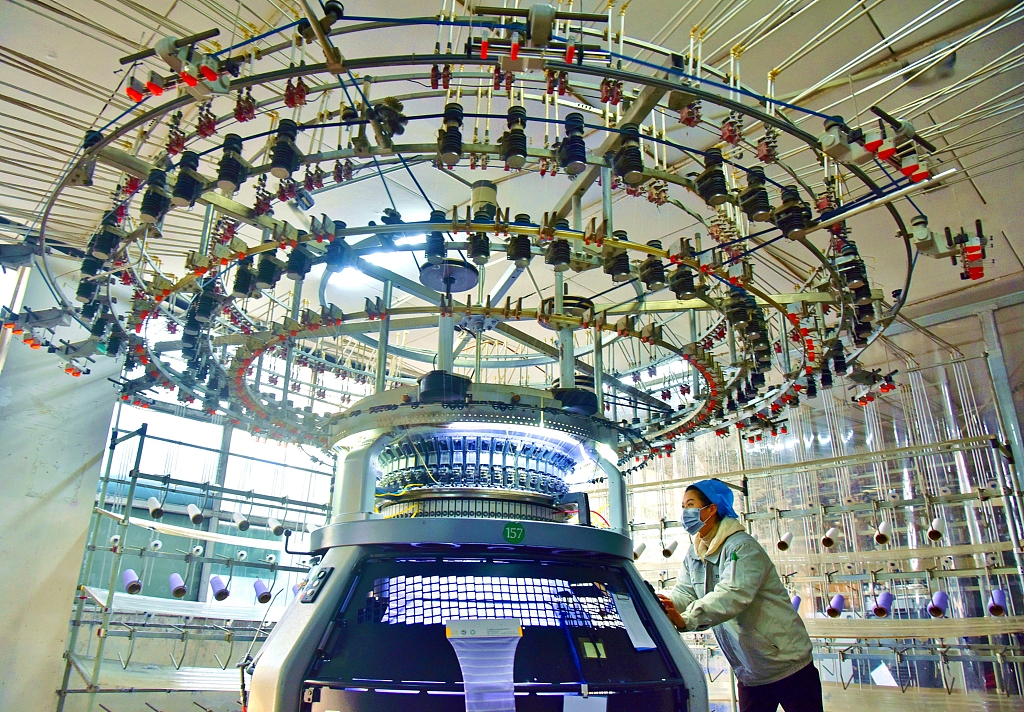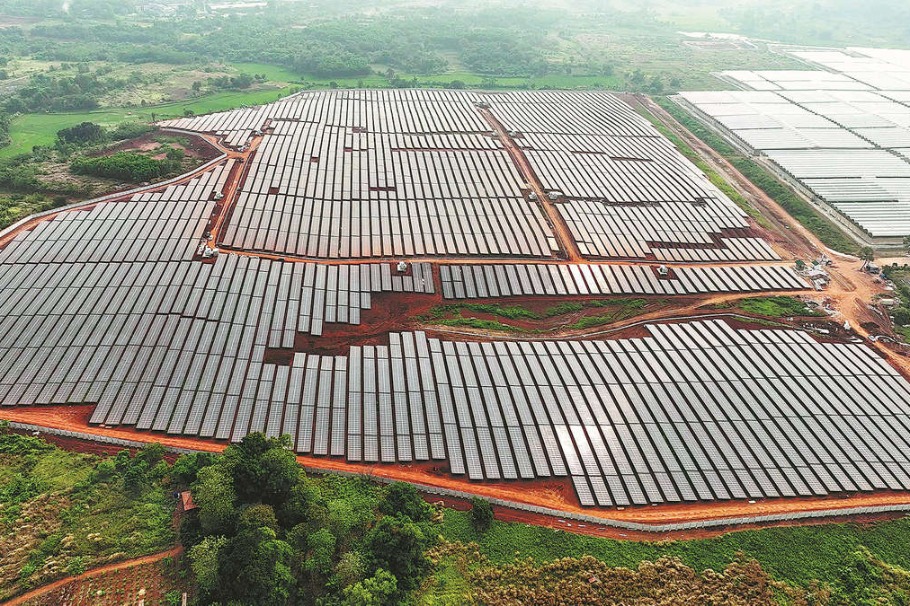Varying manufacturing recovery casts shadow on global growth


The recovery of global manufacturing in the past month has given a boost to global economic growth expectations, but under the influence of declining growth momentum and high inflation, the recovery of global manufacturing has been varying in different regions.
China and other emerging markets and developing economies have displayed remarkable resilience in the development of their manufacturing industries in the face of complex and severe situations. Statistics from the China Federation of Logistics and Purchasing show that Asia's manufacturing purchasing managers' index rose above 50 percent again in January, and China's manufacturing PMI in particular rose 0.2 percentage points in January from the previous month.
Compared with the previous month, members of the Association of Southeast Asian Nations, except the Philippines, saw their manufacturing PMI rising to varying degrees in January. Brazil and Mexico, too, saw a significant rise. Although the manufacturing industry in Africa has declined, the index level has stayed at around 49 percent for two consecutive months, and many countries have introduced economic reforms to promote diversified development and improve economic resilience, contributing to their steady economic recovery.
S&P global data shows that the eurozone's manufacturing PMI was higher than market expectations in January, hitting a new high in nearly 10 months, but relevant data fell sharply in February. Not only that, as a main engine of the eurozone's economy, Germany's manufacturing PMI fell sharply after six consecutive months of growth. The zero or negative growth of Germany's heavy industry for a fourth quarter in a row has also put pressure on the eurozone's economy. In mid-February, a European Commission report lowered the growth rate of the EU's economy in 2024 from 1.3 percent to 0.9 percent, and that of the eurozone economy from 1.2 percent to 0.8 percent. The Deutsche Bundesbank has also warned that Germany's economy could shrink slightly in the first quarter of this year, slipping into a technical recession.
Although the manufacturing index in the United States has rebounded, many believe it is difficult for the US economy to grow under high interest rates. A Wells Fargo Bank report believes that as the US' job market tends to saturate and layoffs begin to increase, the US economy is expected to cool sharply in the coming months.
Since the beginning of this year, central banks in Europe and the US are asking for suppressing market expectations of rapid interest rate cuts, reflecting concerns about the risks from quick rate cuts.

































